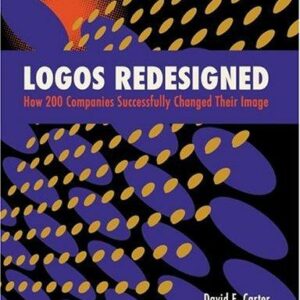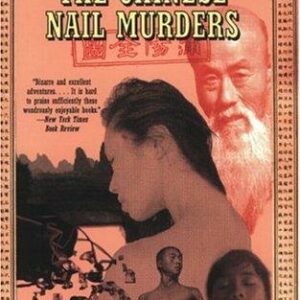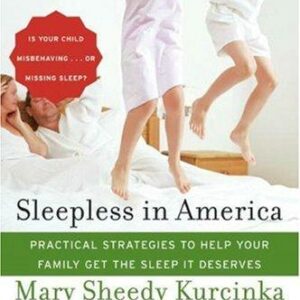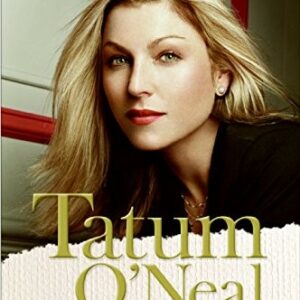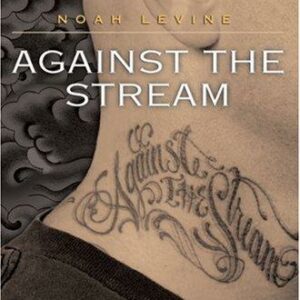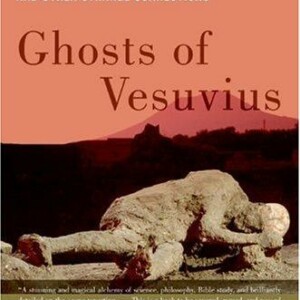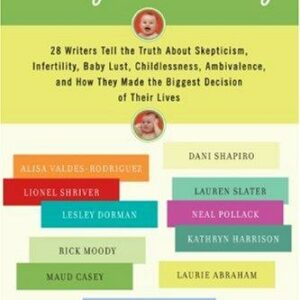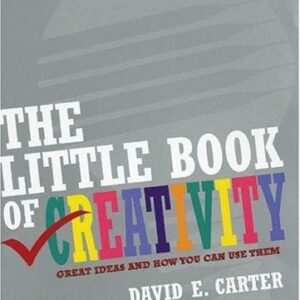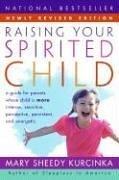The Beauty of the Husband
$16.95
| Title | Range | Discount |
|---|---|---|
| Trade Discount | 5 + | 25% |
- Description
- Additional information
Description
The Beauty Of The Husband is an essay on Keats’s idea that beauty is truth, and is also the story of a marriage. It is told in 29 tangos. A tango (like a marriage) is something you have to dance to the end.
This clear-eyed, brutal, moving, darkly funny book tells a single story in an immediate, accessible voice–29 “tangos” of narrative verse that take us vividly through erotic, painful, and heartbreaking scenes from a long-time marriage that falls apart. Only award-winning poet Anne Carson could create a work that takes on the oldest of lyrical subjects–love–and make it this powerful, this fresh, this devastating.“An exquisite meditation on love and loss that reads with the emotional depth–and with the ongoing resonance–of a great novel.”–Elle
“[An] eerie, elliptical, very beautiful elegy for a failed marriage…. Her verse pierces the mind with a laserlike light.”–The New York Times
“Her best book…. Her poetry’s form and sensibility are quite unlike anything else.”–The Globe & Mail (Toronto)ANNE CARSON was born in Canada and has been a professor of Classics for over thirty years. Her awards and honors include the Lannan Award, the Pushcart Prize, the Griffin Trust Award for Excellence in Poetry, and fellowships from the Guggenheim and MacArthur Foundations."An exquisite meditation on love and loss that reads with the emotional depth–and with the ongoing resonance–of a great novel." –Elle
The introduction, discussion questions, suggestions for further reading, and author biography that follow are designed to enhance your group’s reading and discussion of the work of Anne Carson, whom Michael Ondaatje praised as "the most exciting poet writing in English today." Carson is a winner of the prestigious MacArthur fellowship, and has been the recipient of much admiration in the literary world. She is credited with the invention of an entirely new kind of poetry, fusing free verse with prose passages, using pastiche to startling effect, combining searing emotion with austere intellect. Interspersing her own words with quotes and references to sources that range from classical Greek literature, St. Augustine, the Bible, and the Tao to Emily Dickinson, Virginia Woolf, Gertrude Stein, Franz Kafka, and Marcel Proust, Carson constructs an astonishing art that is able to arouse, like nothing else in recent years, new emotional and intellectual energies in her readers. As one reviewer commented, "There’s good reason that Carson’s reputation has soared to a level equal to that of the half-dozen most admired contemporary American poets. . . . She has . . . a vast habitat, to every bit of which she brings powerful perception and a freshness as startling as a loud knock at the door" (Calvin Bedient, "Celebrating Imperfection," a review of Men in the Off Hours. The New York Times Book Review, 5/14/00).
1. The poem is dedicated to Keats, "for his general surrender to beauty." In his "Ode on a Grecian Urn," Keats concludes that "Beauty is truth, truth beauty,–that is all/ Ye know on earth, and all ye need to know." Clearly the speaker of The Beauty of the Husband knows a lot more than that, but she is not saved by her knowledge from the fatal beauty of her first love. The irony is that the beautiful husband is a liar, and his lies destroy the marriage. The speaker states, "Poets (be generous) prefer to conceal the truth beneath strata of irony/ because this is the look of the truth: layered and elusive" [p. 37]. How is Carson using irony in this poem?
2. Carson has appended a subtitle to this work; she calls it "a fictional essay in 29 tangos." What effect does the word "fictional" have? Is it a warning that readers are not to take this as an autobiographical story? Does it make a difference, in terms of emotional impact and reading pleasure, whether The Beauty of the Husband is true or not? Daphne Merkin has suggested that "a story line in any conventional sense is not what fuels Carson’s writing–or what she cares about, except as it may enable her to ask the questions that interest her: to what avail are Parmenides and ‘the true lies of poetry’ when set against the ‘welter of disorder and pain’ that ‘is our life’?" ("Last Tango." A review of The Beauty of the Husband. The New York Times Book Review, 9/30/01). How does The Beauty of the Husband read as a story? Does it share certain elements with fiction?
3. The wife in the poem says, "How do people/ get power over one another?" [p. 38], and later, "Why did nature give me over to this creature–don’t call it my choice, / I was ventured: / by some pure gravity of existence itself,/ conspiracy of being!" [p. 49]. She also asks a related question: "What does not wanting to desire mean?" [p. 75]. These are crucial philosophic questions for the poem, and for the whole ideal of human self-determination. Does Carson suggest that people are helpless when in the grip of desire? Carson has written a book about the Greek concept of Eros; does she suggest that in fact a power like the god Eros still exists and can conspire to give one person over to another?
4. The wife states that her husband was "loyal to nothing," and yet she is "not ashamed to say I loved him for his beauty. / As I would again / if he came near" [p. 9]. This is essentially a romantic and aesthetic approach to life. What role, then, does the rational mind play in this drama?
For discussion of the work of Anne Carson:
1. In "Essay on What I Think About Most" Carson writes that she admires Alkman’s poem because of "the impression it gives / of blurting out the truth in spite of itself" [p. 34]. Does the plain declarative style of Carson’s verse give the same impression? She further states that Alkman’s simplicity "is a fake / Alkman is not simple at all, / he is a master contriver" [Men in the Off Hours, pp. 34-35]. Might the same be said of Carson herself? What is simple about her work? What aspects of her work are complex, difficult, even impossible to comprehend? Are her contrivances part of an effort to alienate, or rather to seduce, the reader?
2. How does the work of Anne Carson change a reader’s expectations about poetry–about what poetry is, what poetry does, the emotional and intellectual effects of poetry upon a reader? Is she asking us–or forcing us–to reevaluate our aesthetic criteria?
3. In a strongly positive review, Calvin Bedient makes a comment on Carson’s work that might be read as a qualification: "Her spare, short-sentence style is built for speed. Her generalizations flare, then go out. Nothing struggles up into a vision, a large hold on things. The poems are self-consuming" (Calvin Bedient, "Celebrating Imperfection," a review of Men in the Off Hours. The New York Times Book Review, 5/14/00). Poets working in more traditional forms, like the sonnet for instance, have tended to create poems that work through a process of thought and arrive at a new conclusion or perspective; they offer the reader what Robert Frost called "a momentary stay against confusion." How does Carson’s work differ from more traditional forms of poetry? Is it troubling or is it liberating that she doesn’t seem bound to conclusions, to consoling gestures toward the reader?
4. The biographical note for The Beauty of the Husband offers only the statement, "Anne Carson lives in Canada." While it is a general rule in poetry that the speaker of any given poem is not necessarily the author and is often an invented persona, does Carson’s work lead you to certain assumptions about the facts of her life, her habits, her intellectual world, her losses, her griefs? Does her work have a deliberately confessional aspect–like that of Robert Lowell or Anne Sexton–or is it difficult to tell with Carson what has actually been experienced and what has been imagined? What issues, experiences, and concerns are repeated throughout her work?
II. BUT A DEDICATION IS ONLY FELICITOUS IF PERFORMED BEFORE WITNESSES–IT IS AN ESSENTIALLY PUBLIC SURRENDER LIKE THAT OF STANDARDS OF BATTLE
You know I was married years ago and when he left my husband took my notebooks.
Wirebound notebooks.
You know that cool sly verb write. He liked writing, disliked having to start
each thought himself.
Used my starts to various ends, for example in a pocket I found a letter he’d begun
(to his mistress at that time)
containing a phrase I had copied from Homer: ‘entropalizomenh is how Homer says
Andromache went
after she parted from Hektor–"often turning to look back"
she went
down from Troy’s tower and through stone streets to her loyal husband’s
house and there
with her women raised a lament for a living man in his own halls.
Loyal to nothing
my husband. So why did I love him from early girlhood to late middle age
and the divorce decree came in the mail?
Beauty. No great secret. Not ashamed to say I loved him for his beauty.
As I would again
if he came near. Beauty convinces. You know beauty makes sex possible.
Beauty makes sex sex.
You if anyone grasp this–hush, let’s pass
to natural situations.
Other species, which are not poisonous, often have colorations and patterns
similar to poisonous species.
This imitation of a poisonous by a nonpoisonous species is called mimicry.
My husband was no mimic.
You will mention of course the war games. I complained to you often enough
when they were here all night
with the boards spread out and rugs and little lamps and cigarettes like Napoleon’s
tent I suppose,
who could sleep? All in all my husband was a man who knew more
about the Battle of Borodino
than he did about his own wife’s body, much more! Tensions poured up the walls
and along the ceiling,
sometimes they played Friday night till Monday morning straight through, he
and his pale wrathful friends.
They sweated badly. They ate meats of the countries in play.
Jealousy
formed no small part of my relationship to the Battle of Borodino.
I hate it.
Do you.
Why play all night.
The time is real.
It’s a game.
It’s a real game.
Is that a quote.
Come here.
No.
I need to touch you.
No.
Yes.
That night we made love "the real way" which we had not yet attempted
although married six months.
Big mystery. No one knew where to put their leg and to this day I’m not sure
we got it right.
He seemed happy. You’re like Venice he said beautifully.
Early next day
I wrote a short talk ("On Defloration") which he stole and had published
in a small quarterly magazine.
Overall this was a characteristic interaction between us.
Or should I say ideal.
Neither of us had ever seen Venice.US
Additional information
| Weight | 5 oz |
|---|---|
| Dimensions | 0.4900 × 5.1800 × 7.9400 in |
| Series | |
| Imprint | |
| Format | |
| ISBN-13 | |
| ISBN-10 | |
| Author | |
| Audience | |
| BISAC | |
| Subjects | poetry books for women, poetry collection, POE023050, valentines, tango, poetry books, valentine, carson, POE023020, poem books, american poetry, poem a day, collected poems, canadian, poetry books for teens, poem books for teen girls, poem books for women, love poetry books, eros, erotic poetry, books for her, keats, poem books for teens, tangoes, anne carson, girls, feminism, Books, for, self help, family, day, men, anne, gifts, adultery, teens, women, poem, essay, teen, painting, erotic, gift ideas, her, poesía, gift books, poetry book, him |


